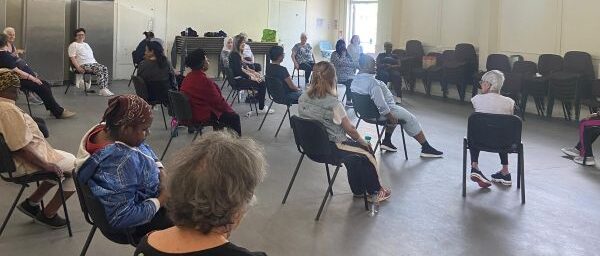Inspiring women: Rosie Peters
“It’s important to get everyone involved on the journey towards gender equity, as we’re all on this journey together.”
Rosie Peters is Head of Wendell Park primary school and is helping to promote equality and inclusion both in the school and across the borough.
Can you tell us about the work you do on diversity, equality and inclusion at Wendell Park?
I have done a lot of work on diversifying the curriculum and changing the mindset of pupils, staff and parents through training, workshops and the use of national data and research.
We want all the children to be able to see themselves within school life and within the school curriculum, and to feel comfortable talking about their home backgrounds. We don’t want them to have preconceived ideas of what a person will be like. Instead, we want them to be curious, to ask questions and to find out more about a person.
We do a lot of work around the nine protected characteristics*. For example, we have discussions in our assemblies, invite guest speakers into school to give talks, and we make sure that we celebrate occasions like International Women’s Day, Black History Month, Disability Awareness Month and Pride. We also talk about famous people. For example, we spoke to the children about Beethoven and how his deafness didn’t stop him from becoming one of the world’s greatest composers.
People say that you can’t be what you can’t see, but we tell the children, “If you can’t see it, be it. Don’t be frightened of being the first one.”
By making diversity part and parcel of what the children are experiencing day in, day out, it becomes the norm for them. For instance, the children fundraise for the local community, which gives them an understanding of the struggle some people face and how they can make a difference. Recently, we’ve raised money for The Upper Room.
How are you sharing that message wider in Hammersmith?
We’ve done a lot of work with other teachers in the borough. I held a number of webinars where teachers had the opportunity to discuss the model that we use at Wendell Park and how to make sure that the curriculum is inclusive in their own schools.
We also started a grassroots organisation called The Power of Representation. For that, I had the pleasure of leading two webinars with the British historian Professor David Olusoga, who I think is absolutely fantastic. As part of the Year 6 curriculum, we now study his book ‘Black and British: A short, essential history,‘ When the children hear about the different communities who have been in Britain for centuries, it opens up history for them and makes them realise that they and their families are part of British history and that they belong.
What barriers still exist to gender equity?
Boardrooms are still male dominated. We still need more women in positions of power. We also need equity in pay, as all too often men and women are doing the same jobs, but the women are being paid less.
We’ve come a long way, but there’s still a way to go.
What can organisations and individuals do to help achieve gender equity?
Role models, mentors and coaches are crucial. Sometimes people may not see their own potential, so it’s really important when others who do see that potential are able to guide the individual forwards. Otherwise, it’s all too easy to stay in your comfort zone.
Earlier in my career, I had two fantastic headteachers – Sheila Mears and Julie Howarth – who really inspired me and pushed me forward. Without them, I would never have thought of moving up into leadership.
It’s important to get everyone involved on the journey towards gender equity, as we’re all on this journey together. We need to educate boys on this as well as girls. As an example, at Wendell Park, the football pitch is just for girls on a Wednesday. To start with, the boys complained, so we asked them a few thought provoking questions: “Have a look at famous footballers, who are they, male or female? Have a look at their pay, is it the same for men and women? Have a look at the history of football. Do you think female footballers have had the same opportunities? Why might that be? What can we do?”
We want our boys to grow up to be allies, to have an understanding of what they can do to make things more equal.
Which women leaders inspire you?
Michelle Obama. She opened up the White House to so many different people, championed education and is so resilient.
Do you think we need to consider intersectionality more when it comes to events like International Women’s Day?
100%. We need to look across the board and be aware of all the different barriers that people face, rather than looking at one protected characteristic in isolation.
When marking certain events and as an employer, it’s crucial to understand how to unlock the doors and be mindful that an individual may face multiple barriers because of having more than one of the protected characteristics.
That might mean making certain adjustments in your organisation, because if you don’t, you’re never going to be able to tap into the full resource that each individual can offer. The more diverse a workplace is, the more you get in return and the more you understand what the community you’re trying to reach actually needs.
Learn more
For diversity, equality and inclusion resources, Rosie recommends visiting Diverse Educators or speaking to its founder, Hannah Wilson.
* The nine protected characteristics are: age, disability, gender reassignment, marriage and civil partnership, pregnancy and maternity, race, religion or belief, sex, and sexual orientation.

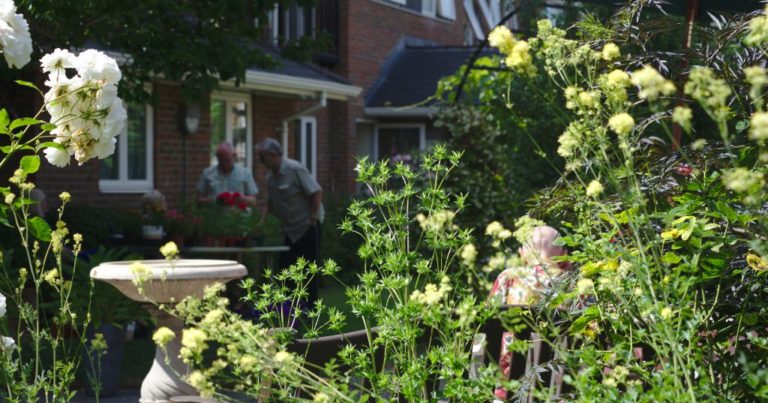
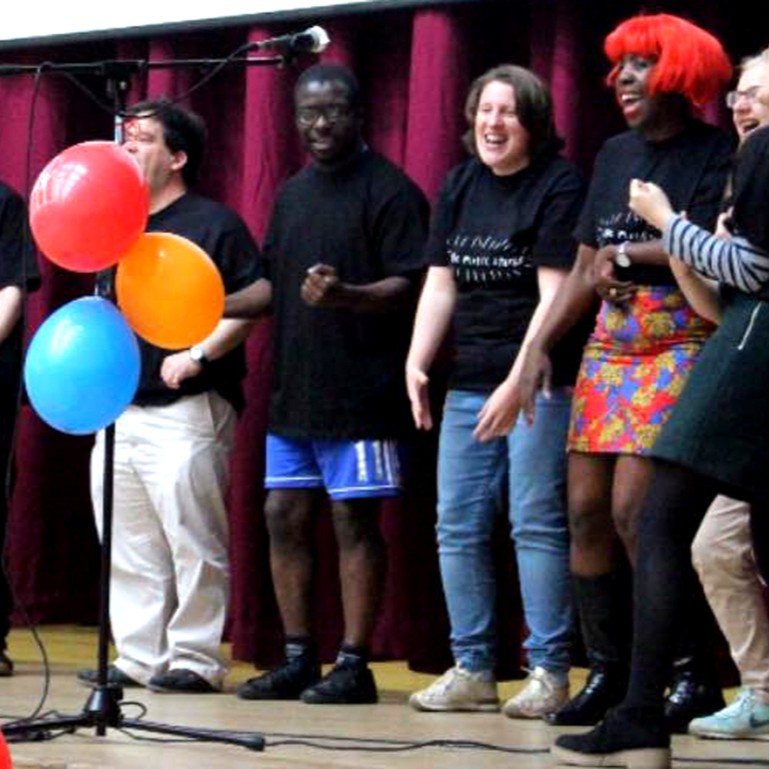
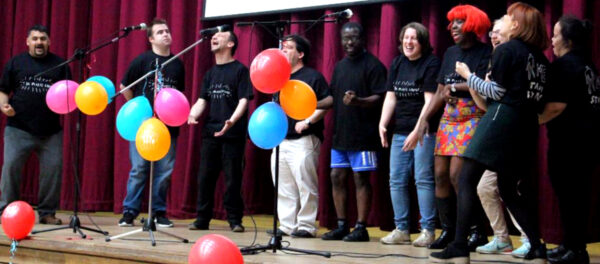
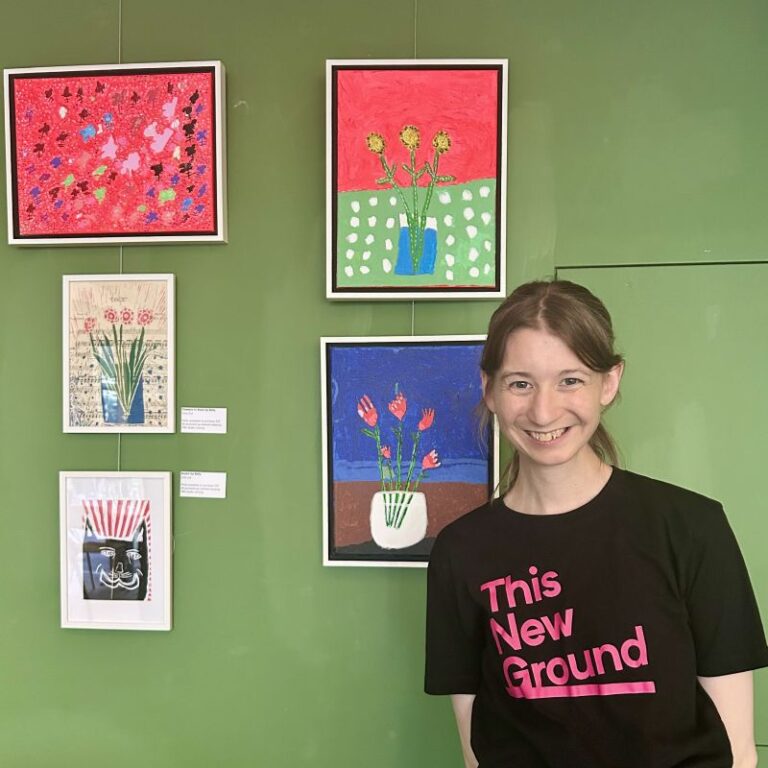
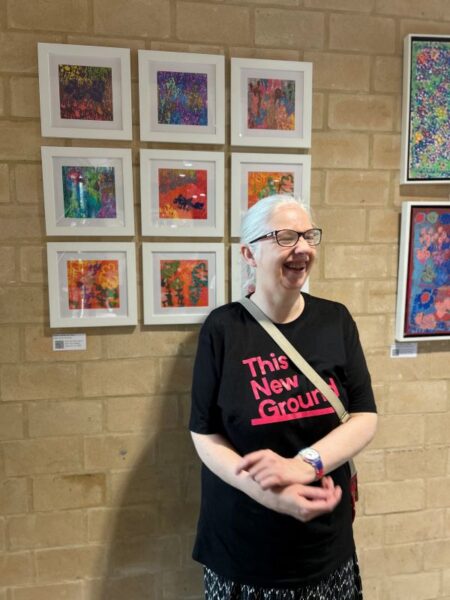

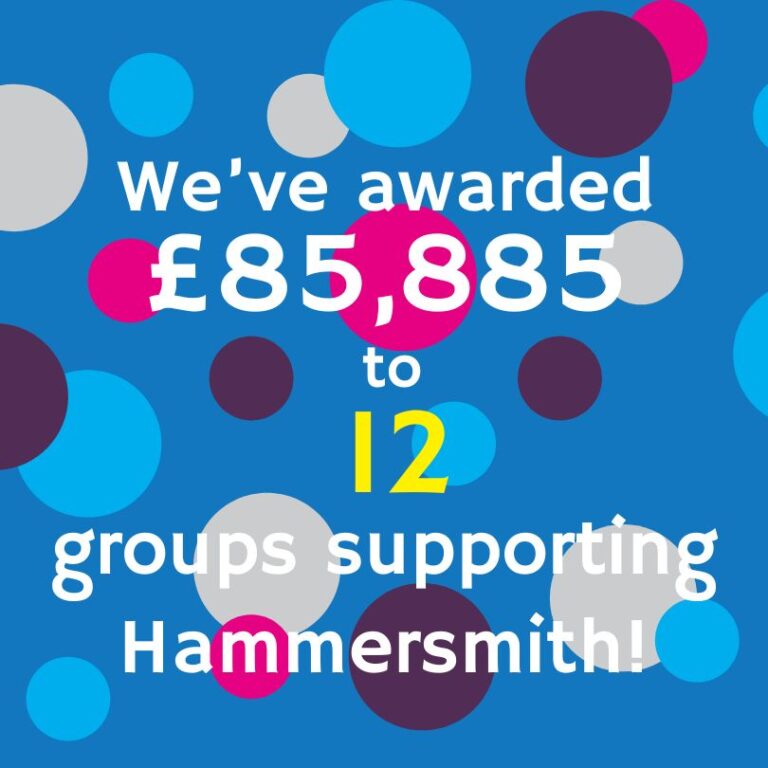
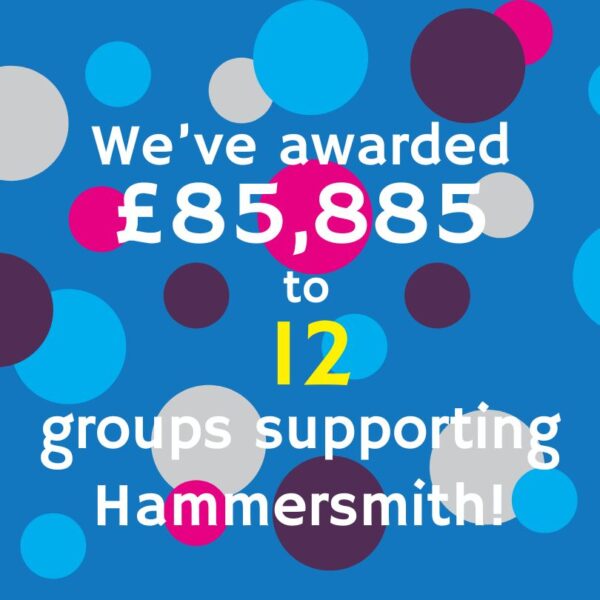 John Betts Primary School: £12,200
John Betts Primary School: £12,200
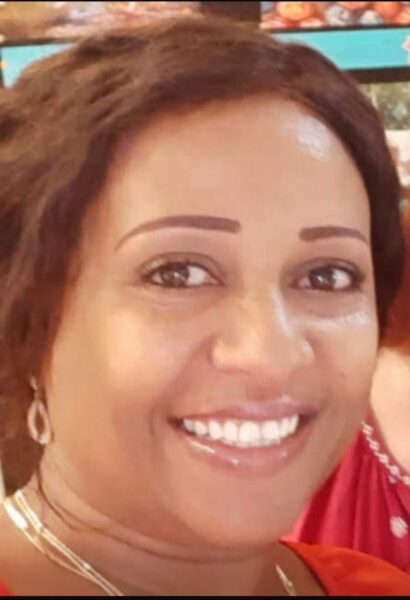 To address these barriers, Hanna partnered with two other women to set up
To address these barriers, Hanna partnered with two other women to set up 